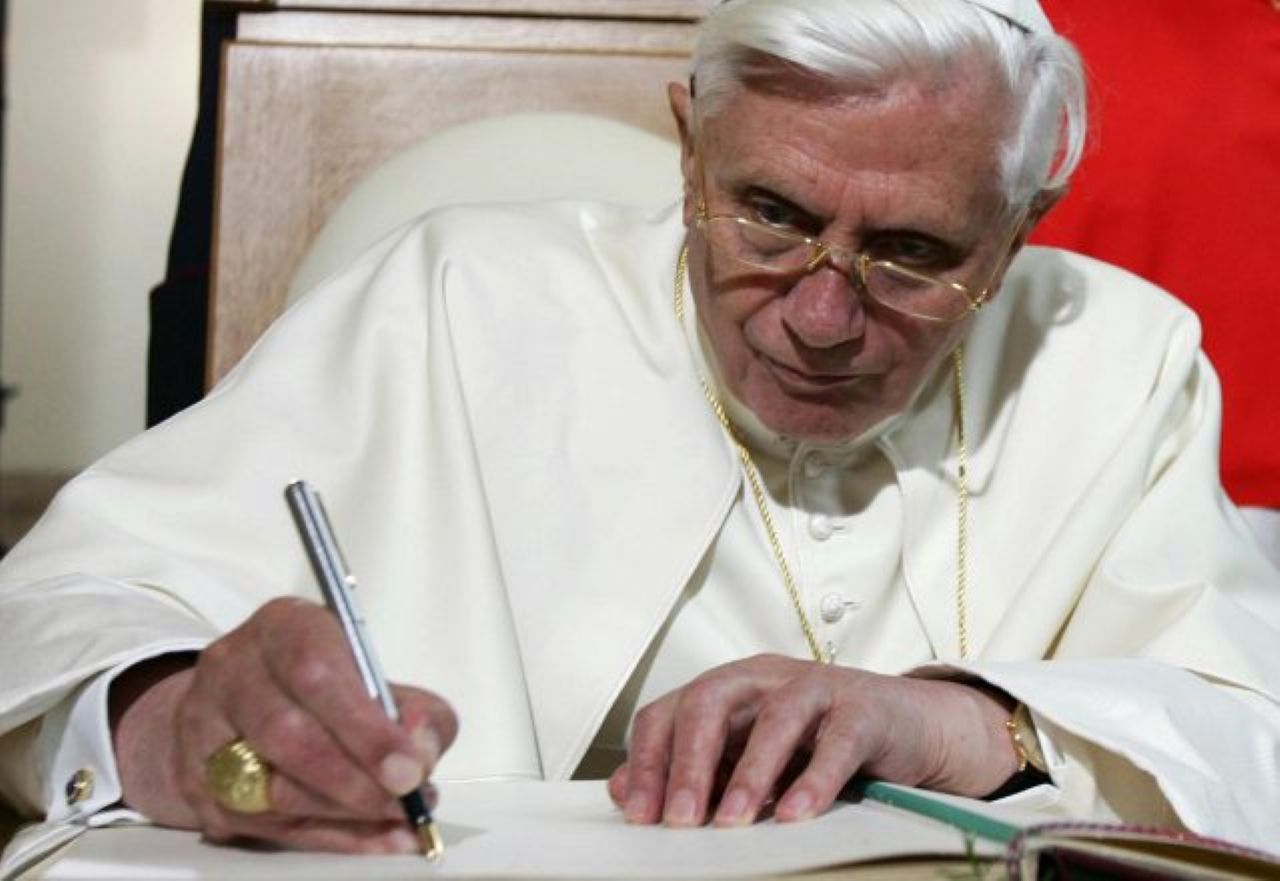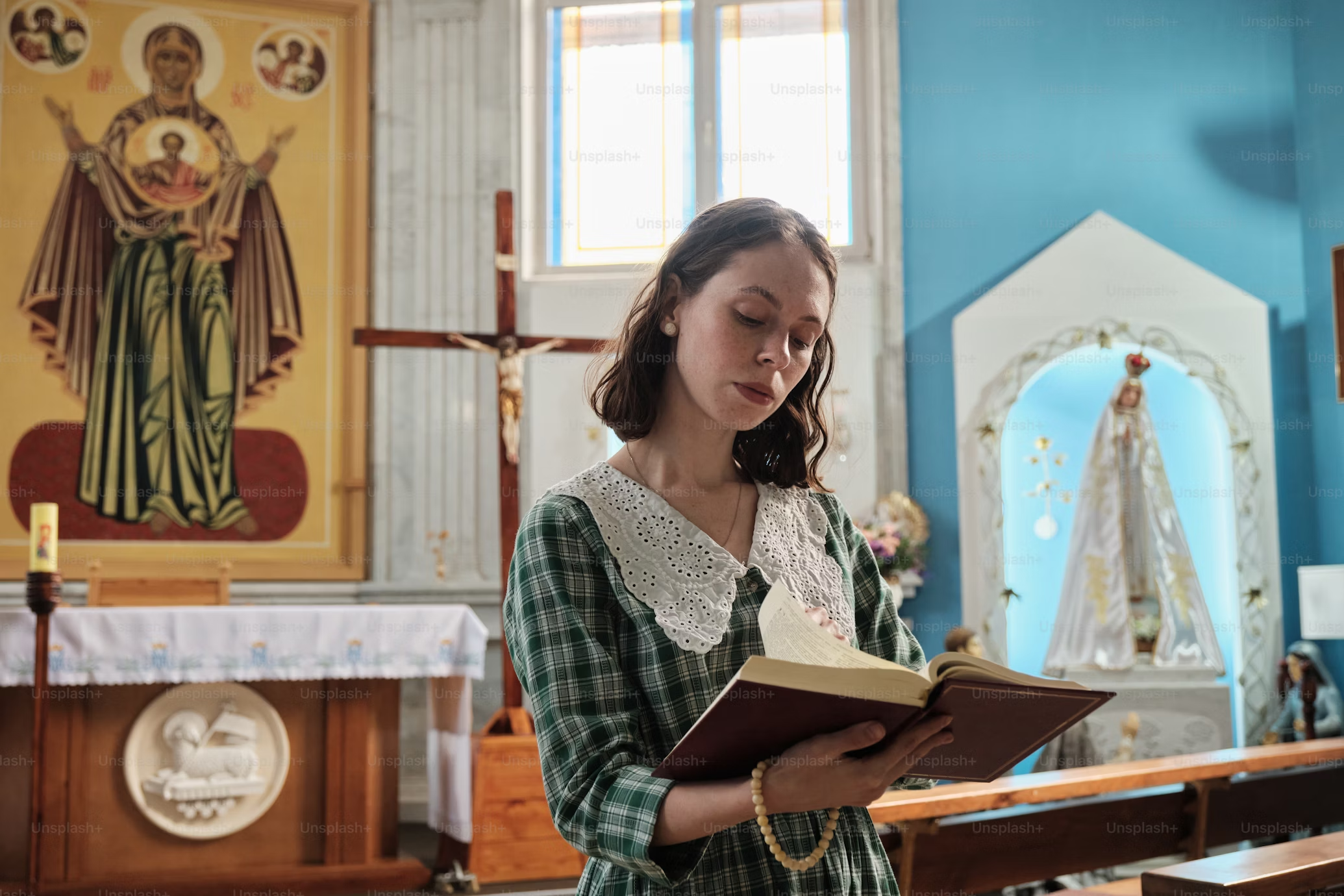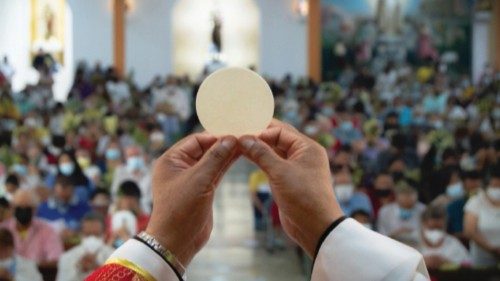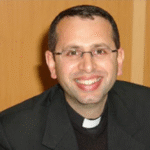When Pope Pius XI instituted the Feast of Christ the King in 1925 through the encyclical Quas Primas, he was not merely introducing another liturgical celebration. He was raising a banner of resistance. Europe, still staggering in the aftermath of the First World War, was drifting steadily into the arms of new and dangerous ideologies. Fascism had gripped Italy, communism was entrenching itself in Russia, and nationalist dictatorships were tightening their fists across the continent. Pius XI recognised what many refused to see: the world was enthroning the state, the party, the race, and the strongman in the place of God. Into this darkness, the Church declared with bold clarity: Christ alone is King.
No führer, no duce, no political saviour has the right to command the conscience of the human person.
A Feast as Spiritual Defiance
Authoritarian regimes do not begin merely with armies and decrees; they begin with the reshaping of the heart. They demand a loyalty that borders on worship. By instituting this feast, Pius XI sought to form Christians who would resist such seduction — not by violence, but by fidelity to a King whose power is exercised not through fear, but through truth, justice, and peace.
The feast proclaimed a radical truth: the Christian does not belong to the State first, but to a Kingdom “not of this world.” This Kingdom has its own laws, its own logic, and its own centre — Christ, who rules not from a marble palace but from the humility of the manger and the self-emptying of the Cross.
From the Cradle-Throne to the Cross-Throne
To call Christ “King” is to trace His reign across the arc of salvation history. The Child who lay in a manger already bore the dignity of a King — the cradle-throne, where divine majesty was wrapped in swaddling clothes. This kingship was not recognised by emperors or senators but by shepherds and wise men, the humble and the seeking.
Yet this cradle-throne points inevitably to the Cross-throne, the place where His kingship is fully revealed. There, crowned not with gold but with thorns, Christ reigns by offering Himself in love. This is the throne that no dictator can imitate, for it is a throne of sacrificial mercy, not domination.
And this kingship continues in the Eucharist, the humble sacrament in which the King draws near to His people. In every Mass, the Church encounters the Lord who reigns by giving Himself — Body broken, Blood poured out, Love offered without measure. Here is a kingship that dictators fear: a King whose power sets hearts free, whose authority cannot be coerced, whose victory is won through self-giving love.
In a world obsessed with power, the Eucharist is a quiet revolution.
The Old Dictatorships Return in New Forms
One might imagine that such a feast, born in the context of twentieth-century fascism and totalitarianism, would now be merely historical. But dictatorships — like sin — adapt themselves. Today’s tyrannies often come dressed in different robes: digital surveillance, political populism, cultural coercion, and the subtle manipulation of truth. Many societies face “soft authoritarianism,” where freedoms erode quietly while citizens are distracted, entertained, or polarised.
In other places, the old dictatorship returns without disguise — with censorship, imprisonment, and the silencing of dissent.
The human heart still yearns for a king, and in that yearning it can all too easily enthrone false messiahs.
The Feast for Today
The Solemnity of Christ the King remains a necessary feast because it proclaims truths the world constantly tries to forget.
No earthly leader deserves absolute trust. The feast warns against political idolatry — the belief that salvation can come from presidents, ideologies, or utopian promises.
Every human person bears inviolable dignity. Under Christ’s kingship, the worth of the least is equal to the worth of the greatest. Dictatorships live by dehumanising; Christ’s Kingdom lives by elevating.
To belong to this King requires courage. Proclaiming Christ as King means refusing to compromise with systems built on fear, hatred, or deceit — even when doing so is uncomfortable or costly.
This feast restores hope. It lifts our gaze beyond the anxieties of the present age and assures us that history is not governed by tyrants, algorithms, or elections, but by the Lamb who reigns from the Cross-throne.
A Feast for Our Times
In 1925, the Church instituted this feast to challenge the rising dictatorships of the age. Today, we celebrate it in a world threatened by new forms of tyranny — political, digital, cultural, and spiritual.
To kneel before Christ the King is to make a dangerous declaration in any age:
No earthly power owns me.
No dictator — past, present, or future — is my lord.
Only the ideology of Christ defines me.
For the King who was laid in the cradle-throne and lifted upon the Cross-throne reigns still — in the Eucharist, in His Church, and in every heart that refuses to bow to anything less than the truth.
Christ the King reigns.
And in His reign, humanity finds its freedom.












